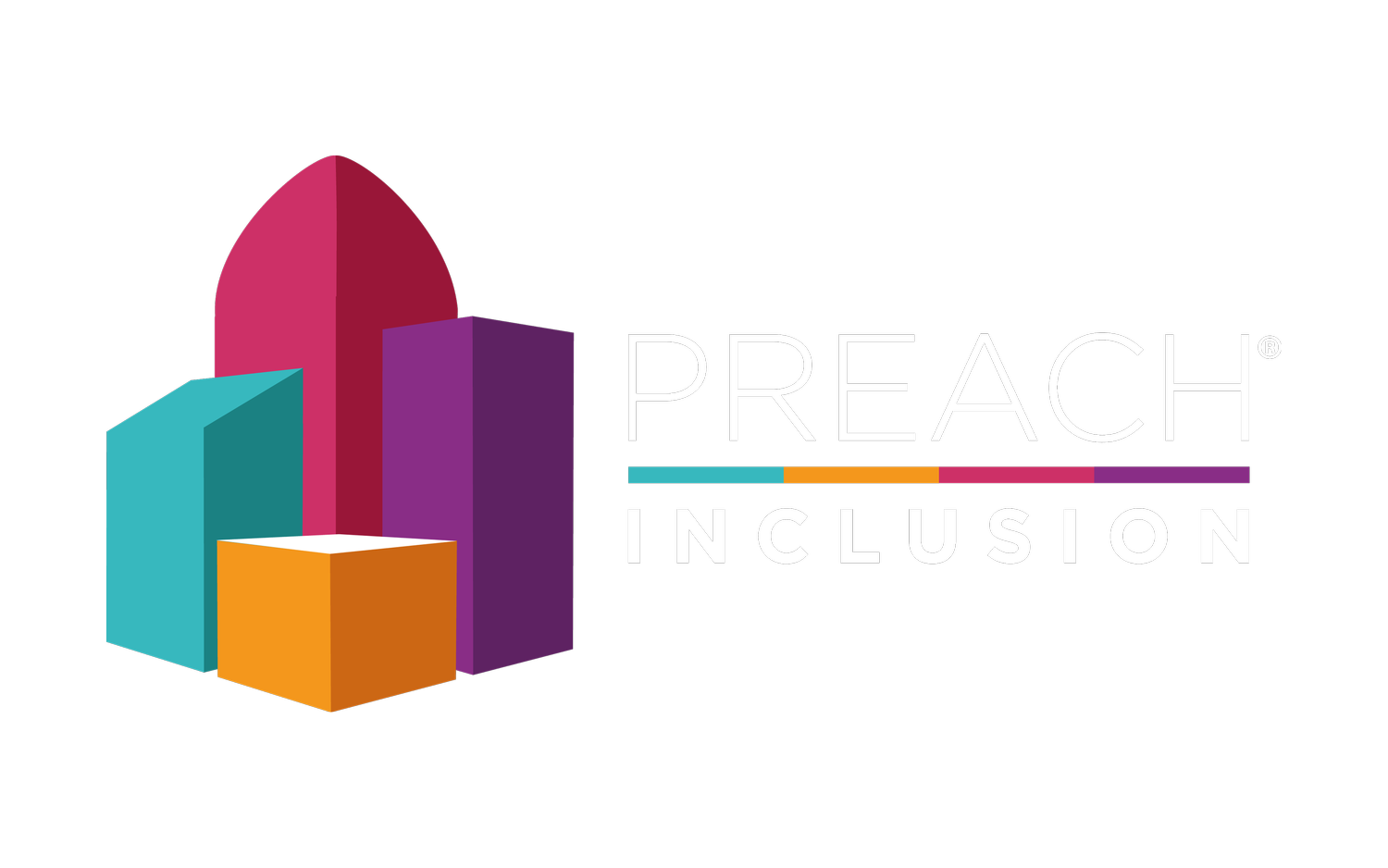How to support your Muslim employees during Ramadan
We wish all those observing Ramadan (also known as Ramazan) to be happy and blessed during this auspicious time.
Ramadan is the ninth and holiest month of the Islamic Year. For 30 days, many of the world’s 1.9 billion Muslims will abstain from food and drink from dawn til dusk and mosques will be open for prayer. Fasting is not simply about denying the body of food and water; it involves pause and reflection in order to avoid ill speech, arguments, loss of temper and malicious behaviour and is a time for Muslims to reaffirm their faith in God. Ramadan is also a time for generosity and charity – the latter in particular being an important part of Islam.
During this time, we are encouraging employers to be informed about Ramadan and to be authentic in the communications they plug internally and on their social channels. We welcome you all to learn more about this holy month and below we have shared some tips for employers to support their Muslim employees.
- Whilst working from home has become part of working culture for most, please ensure that you are open to flexible working and that requests to work from home on specific days are accommodated.
- Provide a quiet and private space for prayer. This could be a dedicated room in your office, clearly labelled as 'Prayer room', during the month of Ramadan.
- Because Muslim colleagues will be fasting, be considerate to the fact that they may want to exchange lunch breaks for prayer breaks.
- Take into account that there may be annual leave requests during this period; especially in the last 10 days of Ramadan.
- Avoid holding training sessions or social events late into the evening when colleagues will want to break their fast.
- Avoid asking your Muslim colleagues 'but not even water?!'. Most Muslims have been fasting for many years, so this is standard protocol.
- Please be mindful that not all Muslims will be fasting. There may also be exemptions to who can and cannot fast e.g., pregnant women, women on their period, being unwell etc., which should not be judged, and some people may simply choose not to fast at all.
- Be curious, but not ignorant. After all, you can find out anything on Google.
- Have others in the team get involved: you could organise talks about Ramadan during this period, or have non-Muslim colleagues take part in a fast, followed by breaking Iftar together. This is a great way to create an inclusive event.
- Most important of all, start the conversation with your Muslim colleagues and ask about their preferences.
Why is this important for employers? The 2021 Census showed an increase in the number of people who described themselves as “Muslim” (3.9 million, 6.5% in 2021, up from 2.7 million, 4.9% in 2011).
This means that the number of Muslim employees is increasing and more-so in areas where there are already large Muslim populations, such as Bradford, Leeds, East London and others.
Greater awareness and work adjustments are likely to lead to an improvement in well-being and sense of value at work. And, if Muslim colleagues feel supported, they are more likely to stay at their place of employment.
What are you doing to support your Muslim colleagues during Ramadan? Share with us in the comments below.
